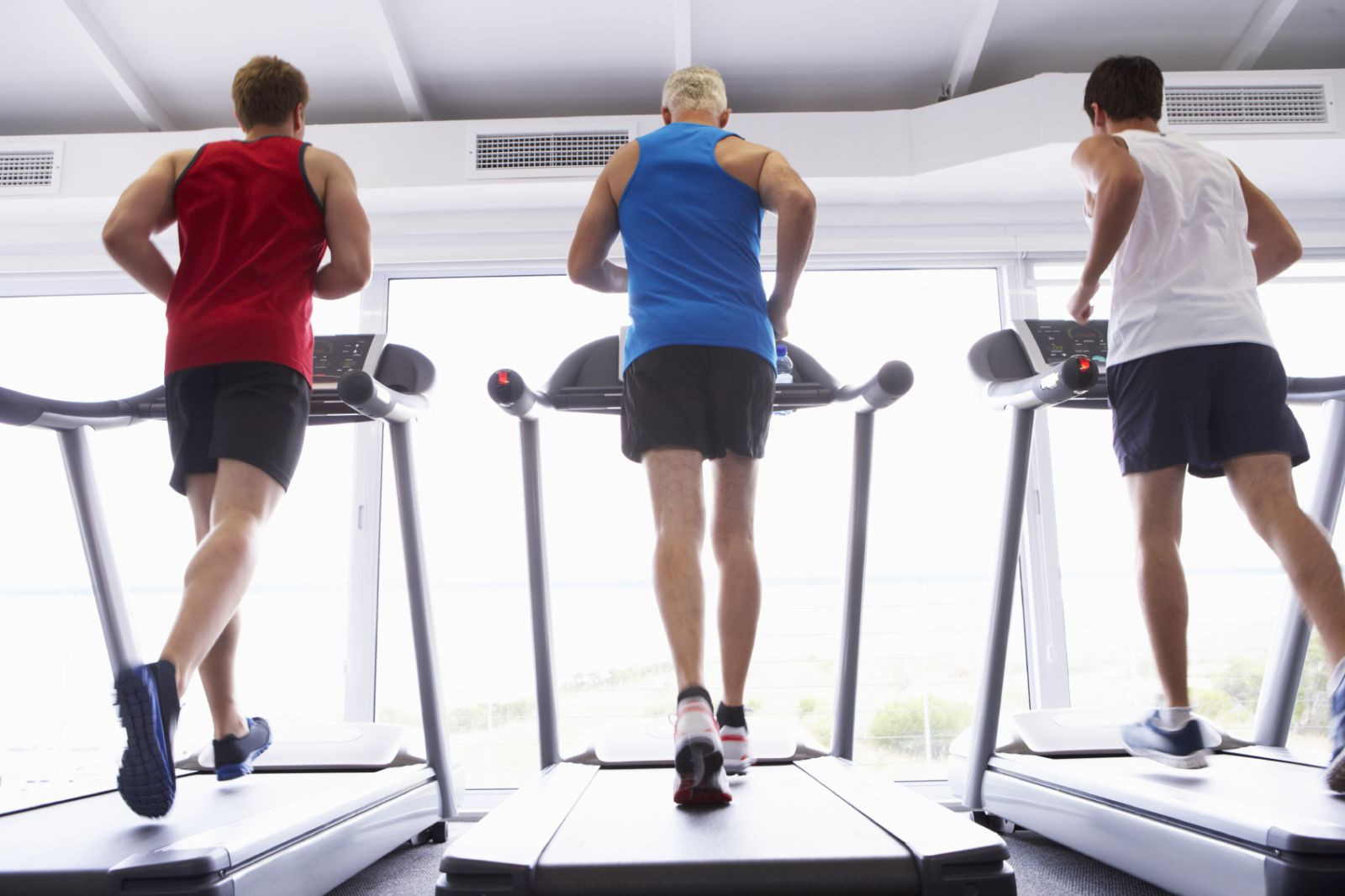Color-changing eye drops: Are they safe?
Harvard Health Ad Watch: Got side effects? There’s a medicine for that
Packing your hurricane go bag? Make provisions for your health
Does your child need to bathe every day?
Evoking calm: Practicing mindfulness in daily life helps
How well do you worry about your health?
Do parasocial relationships fill a loneliness gap?
Feel like you should be drinking less? Start here
How to help your preschooler sleep alone
Is the portfolio diet the best diet ever?
Mind & Mood

Exercise benefits health in so many ways. It preserves muscle strength; keeps your heart strong; maintains a healthy body weight; and staves off chronic diseases such as diabetes.
But exercise has brain benefits too. Many studies have suggested that the parts of the brain that control thinking and memory are larger in volume in people who exercise than in people who don’t. One finding is that engaging in a program of regular exercise of moderate intensity over six months or a year is associated with an increase in the volume of selected brain regions.
Exercise can also boost memory and thinking indirectly by improving mood and sleep, and by reducing stress and anxiety. Problems in these areas frequently cause or contribute to cognitive impairment.
Is one exercise better than another in terms of brain health? We don’t know the answer to this question, because almost all of the research so far has looked at one form of exercise: walking. “But it’s likely that other forms of aerobic exercise that get your heart pumping might yield similar benefits,” explains Dr. Scott McGinnis, assistant professor of neurology at Harvard Medical School.
A study published in the Journal of the American Geriatrics Society found that tai chi may enhance cognitive function in older adults, especially in executive function, which manages cognitive processes such as planning, working memory, attention, problem solving, and verbal reasoning. That may be because tai chi, a martial art that involves slow, focused movements, requires learning and memorizing new skills and movement patterns.
Dr. McGinnis recommends establishing exercise as a habit, almost like taking a prescription medication. Aim for a goal of exercising at a moderate intensity — such as brisk walking — for 150 minutes per week. Start with a few minutes a day and increase the amount by five or 10 minutes every week until you reach your goal.
And since several studies have shown that it takes about six months to start reaping the cognitive benefits of exercise, he reminds you to be patient as you look for the first results — and to continue exercising for life.
For additional advice and tips to help you get the most from your workouts, read the Workout Workbook, a Special Health Report from Harvard Medical School.
Image: monkeybusinessimages/Getty Images
As a service to our readers, Harvard Health Publishing provides access to our library of archived content. Please note the date of last review or update on all articles.
No content on this site, regardless of date, should ever be used as a substitute for direct medical advice from your doctor or other qualified clinician.
Color-changing eye drops: Are they safe?
Harvard Health Ad Watch: Got side effects? There’s a medicine for that
Packing your hurricane go bag? Make provisions for your health
Does your child need to bathe every day?
Evoking calm: Practicing mindfulness in daily life helps
How well do you worry about your health?
Do parasocial relationships fill a loneliness gap?
Feel like you should be drinking less? Start here
How to help your preschooler sleep alone
Is the portfolio diet the best diet ever?
Exercise & Fitness
Exercise & Fitness
Exercise & Fitness
Get the latest in health news delivered to your inbox!
© 2024 Harvard Health Publishing® of The President and Fellows of Harvard College
Do not sell my personal information | Privacy Policy and Terms of Use
Thanks for visiting. Don’t miss your FREE gift.
The Best Diets for Cognitive Fitness, is yours absolutely FREE when you sign up to receive Health Alerts from Harvard Medical School
Sign up to get tips for living a healthy lifestyle, with ways to fight inflammation and improve cognitive health, plus the latest advances in preventative medicine, diet and exercise, pain relief, blood pressure and cholesterol management, and more.
Health Alerts from Harvard Medical School
Get helpful tips and guidance for everything from fighting inflammation to finding the best diets for weight loss…from exercises to build a stronger core to advice on treating cataracts. PLUS, the latest news on medical advances and breakthroughs from Harvard Medical School experts.
BONUS! Sign up now and
get a FREE copy of the
Best Diets for Cognitive Fitness
Stay on top of latest health news from Harvard Medical School.
Plus, get a FREE copy of the Best Diets for Cognitive Fitness.
Stay on top of latest health news from Harvard Medical School.
Plus, get a FREE copy of the Best Diets for Cognitive Fitness.
